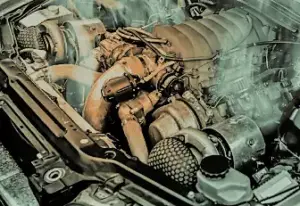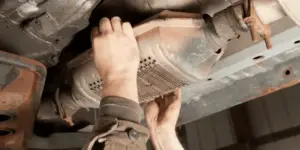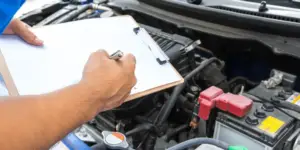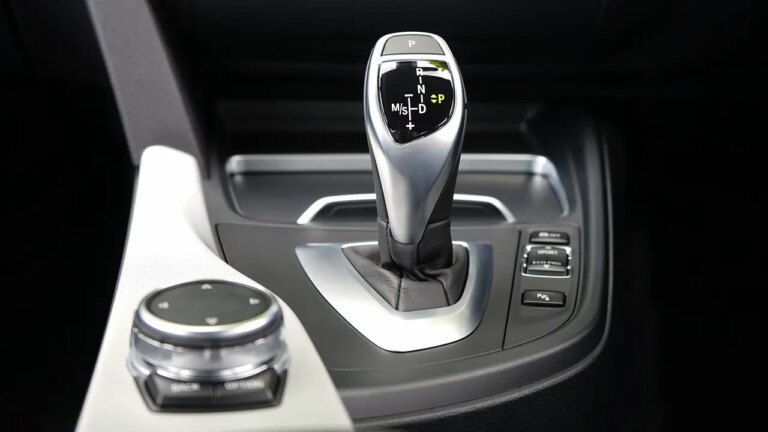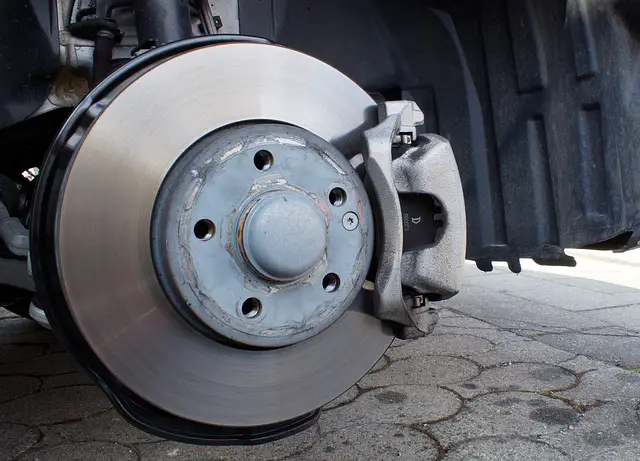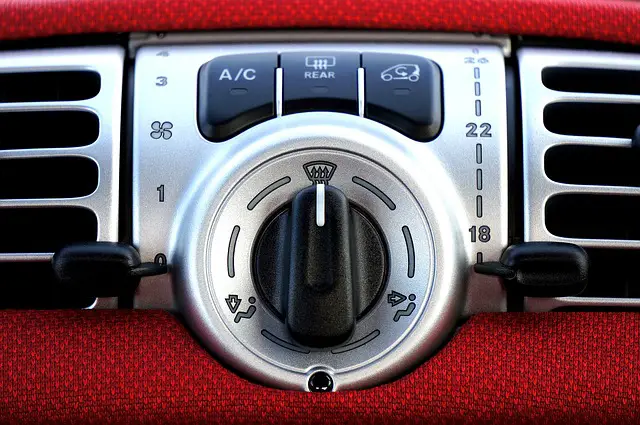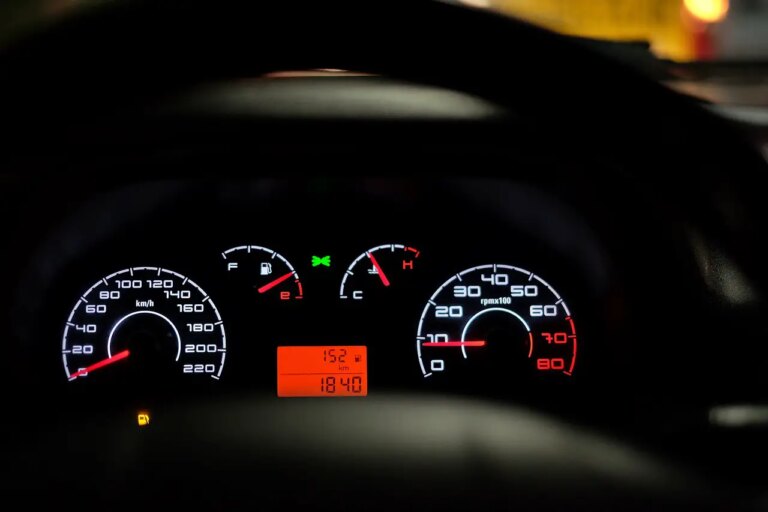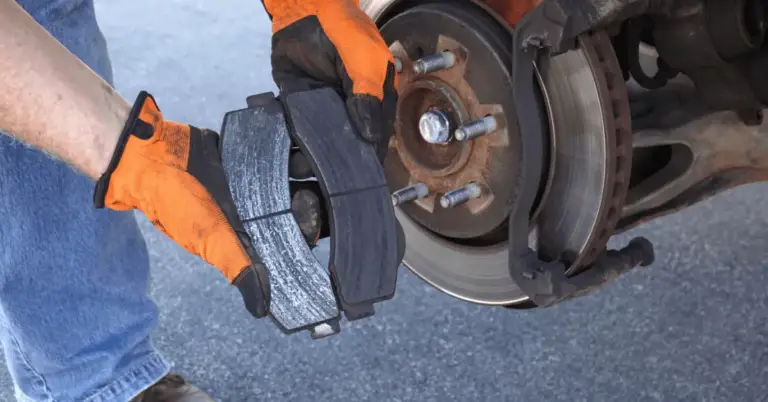It’s never nice to have loud noises coming from your car engine. It conjures up thoughts of expensive repairs and a ton of inconvenience. Luckily this isn’t always the case, as discussed in this article.
We’ll examine the seven leading causes, fixes, and costs involved.
Briefly, though, the reasons are:
- Oil Level Is Low
- Oxygen Sensor Gone Bad
- Worn Engine Bearings
- Spark Plugs Need Replacing
- Torque Converter Worn
- Exhaust System Gone Bad
- Mass Airflow Sensor
Low Engine Oil Level
A loud grinding sound can signal that the oil level is low. Many rely on dash warning lights to alert us of potential engine problems, especially the low oil level warning.
But like all car parts, if this sensor fails, we may not know there is a problem with the oil level in the first place. A loud rattle is the most common noise when the oil level is low.

This is caused by the engine pistons and valves not getting the lubrication they need.
As soon as possible, turn off the engine and let the oil settle for 30 mins at the bottom of the engine. Pull out the dipstick and inspect. If it’s low, you have two options.
- Get a complete oil change – Do this if you haven’t been changing your car oil in line with the manufacturer’s guidelines.
- Top up the oil level and keep an eye on it.
Engine oil capacity ranges from 5 to 7.5 quarts. A four-cylinder engine takes around 5 quarts, while six-cylinder engines take up to 8 quarts.
The average oil and filter cost is between $45 and $125, dependent on the size of the engine and whether the more expensive synthetic oil is being used.
Malfunctioning Oxygen Sensor
All combustion engines need fuel and air in the right measure to work effectively.
Any slight discrepancy can make the engine perform poorly and even misfire occasionally.
A bad oxygen sensor will give the car’s ECU a wrong reading. The ECU then uses this wrong reading to adjust the air and gas supply into the engine in the wrong mixture.
Another likely symptom is an abysmal fuel economy. If the sensor is bad, you might notice a reduction of up to 7 mpg. The performance will be affected too.

The oxygen sensor is located in the exhaust manifold and can be replaced by a novice DIY mechanic. It will involve getting under the car and using an oxygen sensor socket to take off the old one and replace it with a new one.
But how do you know that the sensor is bad? The car’s ECU stores all fault error codes, and the one for a bad oxygen sensor is P0138.
A car shop will be able to hook your car up on a diagnostic machine for $50, or you can buy your own for about $30 and have it to hand to read any fault codes in the future. This video shows you how to change your car’s oxygen sensor in a bit more detail.
The part costs in the region of $40 to $200, and expect to pay an additional $40 and $150 in labor.
Bad Engine Bearings
This is not a nice fix, but if your car is getting old and the service intervals and tune-ups haven’t been maintained, then worn engine bearings could be why your car is making a loud thumping or rumbling sound.
These bearings can become worn out if you drive the car too long or too often, with low or dirty oil running through the engine.
This is a serious problem that should be addressed immediately. If left unchecked, the bearing shells could fail and damage the crankshaft. If this happens, expect to spend thousands of dollars in parts and labor to make it good.
Many older cars are not worth repairing if this happens. It’s a good idea to stop right away and check the oil. If you notice silver shavings in the oil or a copper color tinge to your oil, this indicates bad engine bearings.
Bad or Dirty Spark Plugs
If your car is a diesel, you can skip this as they don’t have spark plugs.
Bad spark plugs could cause a vehicle to misfire, making it run rough and sound louder.
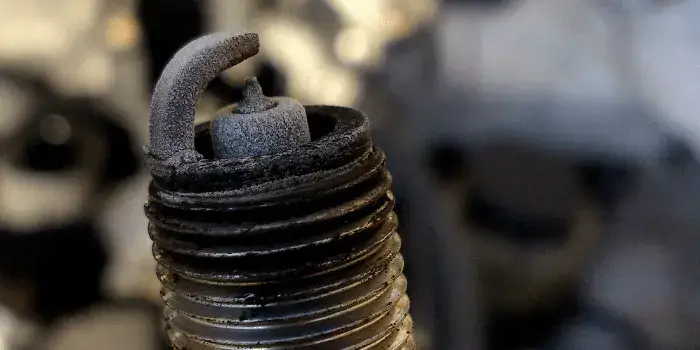
Spark plugs are responsible for sparking the fuel in the combustion chamber. As we’ve discussed, if they’re not working correctly, the fuel may not be ignited completely and cause misfires or sputtering.
The spark plugs can often be cleaned, but it does involve a bit of work under the hood and can be messy. Many people decide that rather than start taking parts out of the engine, they’d get a professional to do the job.
A mechanic will charge between $50 and $75 to take out and clean the spark plugs. Often it makes sense to have the spark plugs replaced at this stage as they are pretty cheap, and the old ones have been removed in any case. Replacement spark plugs cost $30 to $75.
Worn Torque Converter
If your car is manual, then you can skip this.
A torque converter in automatic transmission cars may fail if the transmission fluid drops too low. You may hear a loud rattling or grinding noise when the car is in gear. Sometimes, it whines too.
This sound is not one you want to be hearing. The needle bearings inside the torque converter are getting too hot due to the lack of lubrication being supplied from the low transmission fluid.
If you catch this in time, you may be lucky by just topping up the transmission fluid or changing the fluid over if your car hasn’t been appropriately maintained.
Exhaust System Gone Bad.
Sometimes, the loud engine sounds you hear are not due to a problem with the engine, and that’s why we’ve left this one near the end.
You might have a damaged muffler tailpipe or catalytic converter.
A damaged muffler can make your car sound louder than usual, especially if you have more smoke than average and notice a drop-off in performance.
Older tailpipes and mufflers will eventually develop holes, but stainless steel types can last the car’s lifetime. A hole in this section may be more noticeable as you may see smoke leaving billowing out of areas near the end of your tailpipe but not actually from the end.
Sometimes joints – where one section has been replaced – fail, and gases escape from them.
Now the catalytic converter is an essential component of the exhaust system. If it fails, the engine will sound louder than usual and run rougher. Its job is to catch harmful compounds created during the combustion process in your car’s engine and then burn them off when the filter within it becomes full.
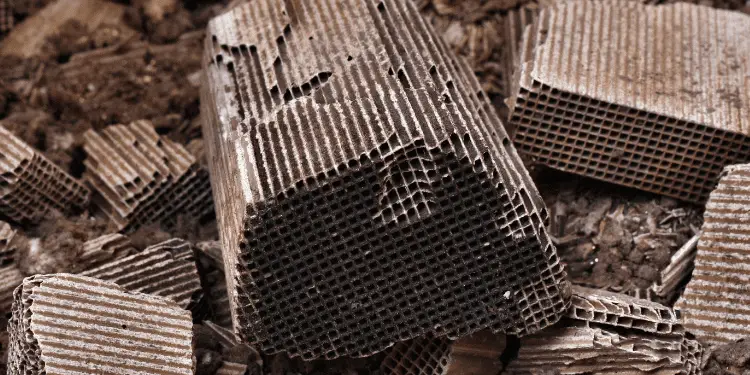
When it fails to regenerate in the is way, it becomes clogged. This puts added pressure on the engine and can cause the engine to sound rough. Sometimes they fail and give off a loud rattling noise.
A catalytic converter is expensive and can range from $800 to $2,500 to replace. The high cost is because they are in part made from rare materials – hence why they get stolen a lot- that is expensive.
A failing catalytic converter may smell and will usually trigger the Check Engine Light but not always.
Dirty Mass Airflow Sensor
Finally, The mass airflow sensor measures how much air enters the fuel injection system. This information is sent back to the ECU’s vehicle computer to ensure that the correct amount of fuel is being delivered to the combustion chamber.
As we’ve discussed, any error in the parts that monitor the fuel or oxygen level entering the engine can result in loud noises and poor performance.
Dirty airflow sensors can cause incorrect fuel levels to be sent to the injectors. The error code for a bad mass airflow sensor is P0101. This is triggered when it is asked to supply oxygen to the engine outside the normal range.
In Conclusion
Most loud engine noises are usually due to a discrepancy in the amount of oxygen and air allowed into the engine.
However, the most straightforward checks are oil levels, followed by an exhaust system check. Only then consider other failing parts like sensors and spark plugs. Lastly, the transmission should be checked.


